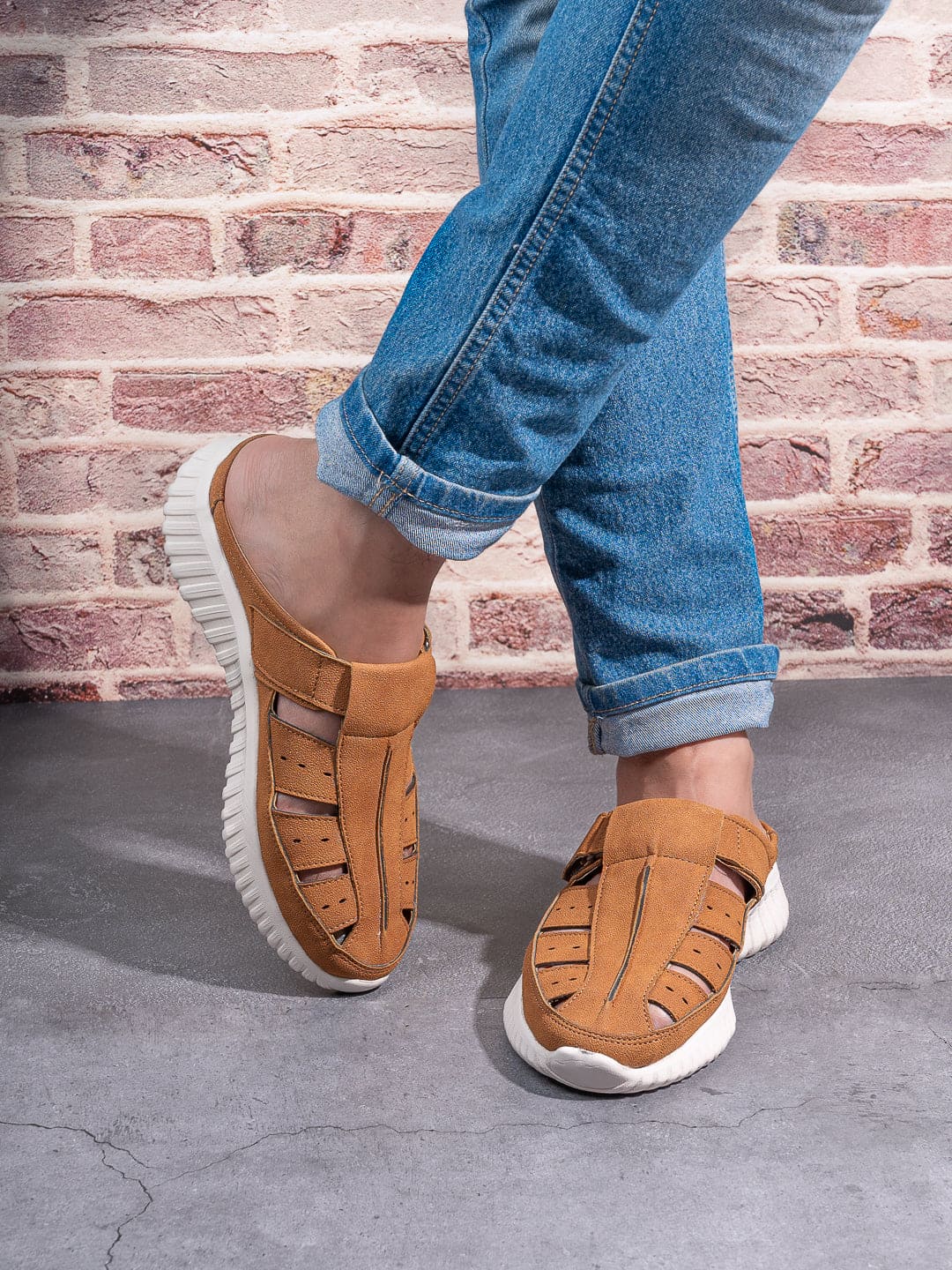In an age where ethical and sustainable choices matter more than ever, fashion is evolving to embrace eco-conscious alternatives. When it comes to footwear, the traditional leather industry is facing a formidable contender – vegan and vegetarian shoes. In this blog, we'll delve into the world of compassionate and environmentally friendly footwear options, focusing on their market growth, health benefits, environmental advantages, and economic savings.
The Expanding Market for Vegan and Vegetarian Footwear
The market for vegan and vegetarian footwear is experiencing remarkable growth. As consumers become increasingly conscious of the ethical and environmental implications of their choices, the demand for cruelty-free and sustainable fashion is on the rise. Vegan and vegetarian shoe brands are answering this call by offering a diverse range of stylish and eco-friendly options.
The market's expansion isn't limited to a specific demographic; it caters to everyone. Regardless of age, gender, or style preference, there's a vegan or vegetarian shoe for every individual who values ethics and sustainability. With a growing market, these footwear options are becoming increasingly accessible, allowing more people to make conscious and responsible choices.
Health Benefits of Vegan and Vegetarian Footwear
Beyond ethical and environmental considerations, choosing vegan and vegetarian footwear can offer various health benefits. Unlike traditional leather shoes, which may contain allergens and irritants, vegan and vegetarian materials are hypoallergenic and tend to be more skin-friendly. This is excellent news for individuals with sensitive skin or allergies.
Additionally, these footwear options often incorporate ergonomic designs and cushioned insoles for enhanced comfort. You can go about your day with ease, knowing that your shoes not only look good but also prioritize your well-being.
Environmental Advantages
One of the most compelling reasons to opt for vegan and vegetarian footwear is its positive impact on the environment. Traditional leather production is resource-intensive and contributes to deforestation, water pollution, and greenhouse gas emissions. On the contrary, vegan materials, such as synthetic leather and recycled fabrics, have a significantly lower environmental footprint.
Choosing vegan and vegetarian shoes means reducing the demand for animal agriculture, which is a leading cause of deforestation and habitat loss. Moreover, it sidesteps the toxic chemicals typically used in leather tanning, benefiting both ecosystems and human health.
Economic Savings
While the ethical and environmental benefits of vegan and vegetarian footwear are clear, it's worth highlighting the economic advantages as well. These shoes are often more budget-friendly than their traditional leather counterparts. By choosing ethical and sustainable options, you not only contribute to a better world but also save money in the process.
Vegan and vegetarian footwear offers an affordable way to participate in the growing sustainable fashion movement. With a diverse range of styles and price points, these shoes make ethical fashion accessible to a wider audience.
Conclusion
In a world where conscious consumerism is gaining ground, vegan and vegetarian footwear are emerging as ethical, sustainable, and economically viable choices. Their market is expanding, ensuring that more people have access to cruelty-free and eco-friendly fashion options.
By choosing vegan and vegetarian shoes, you're not only making a style statement but also promoting ethical practices and contributing to a healthier planet. These shoes offer inclusivity, health benefits, environmental consciousness, and economic savings – a combination that's hard to resist.
Whether you're driven by ethics, health, the environment, or your budget, vegan and vegetarian footwear caters to your values and needs, making them a smart and stylish choice for all.




